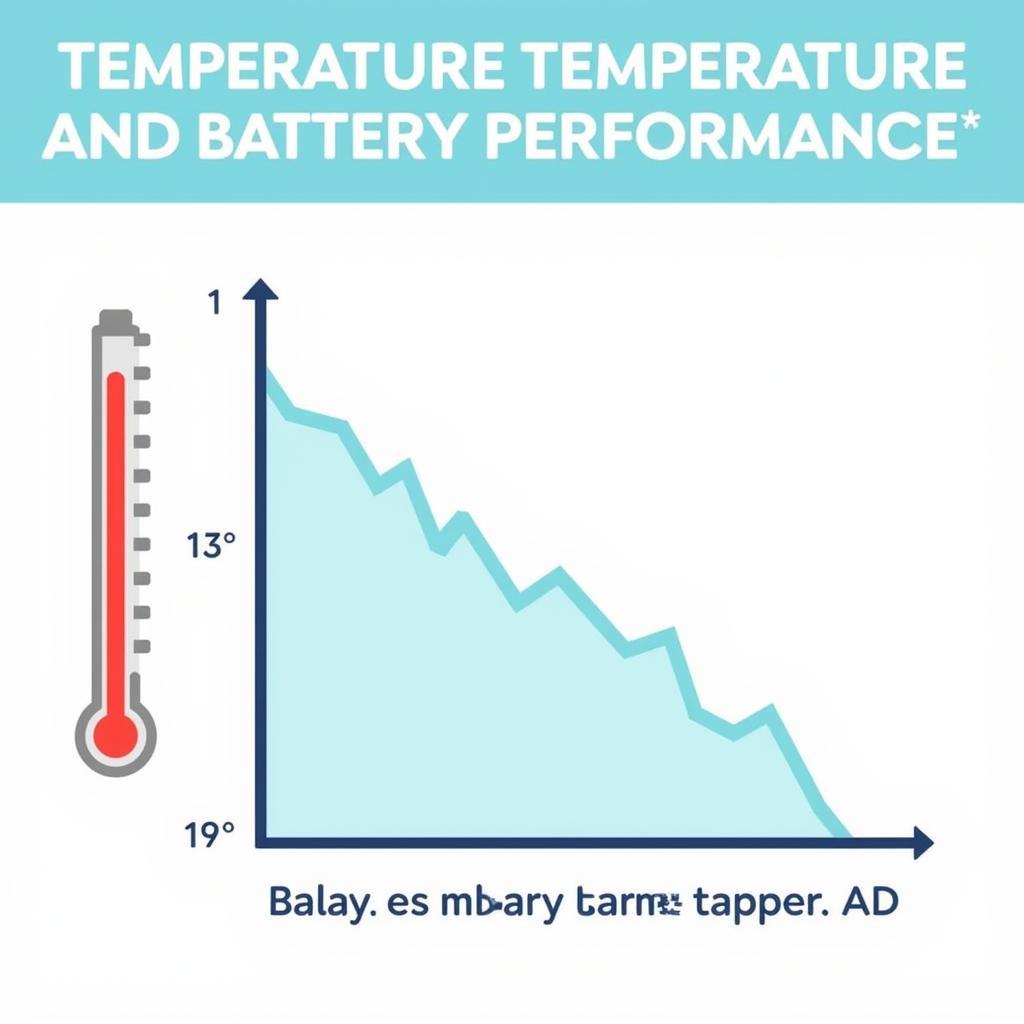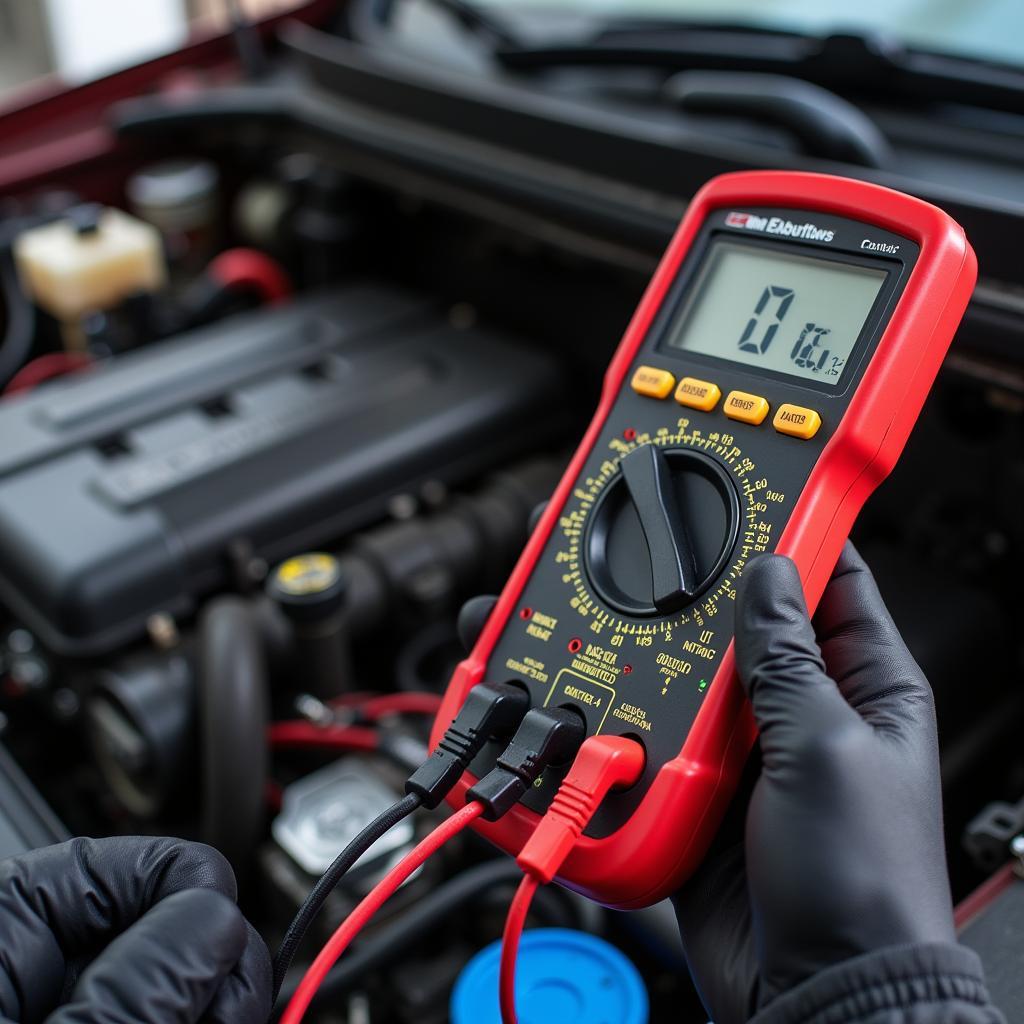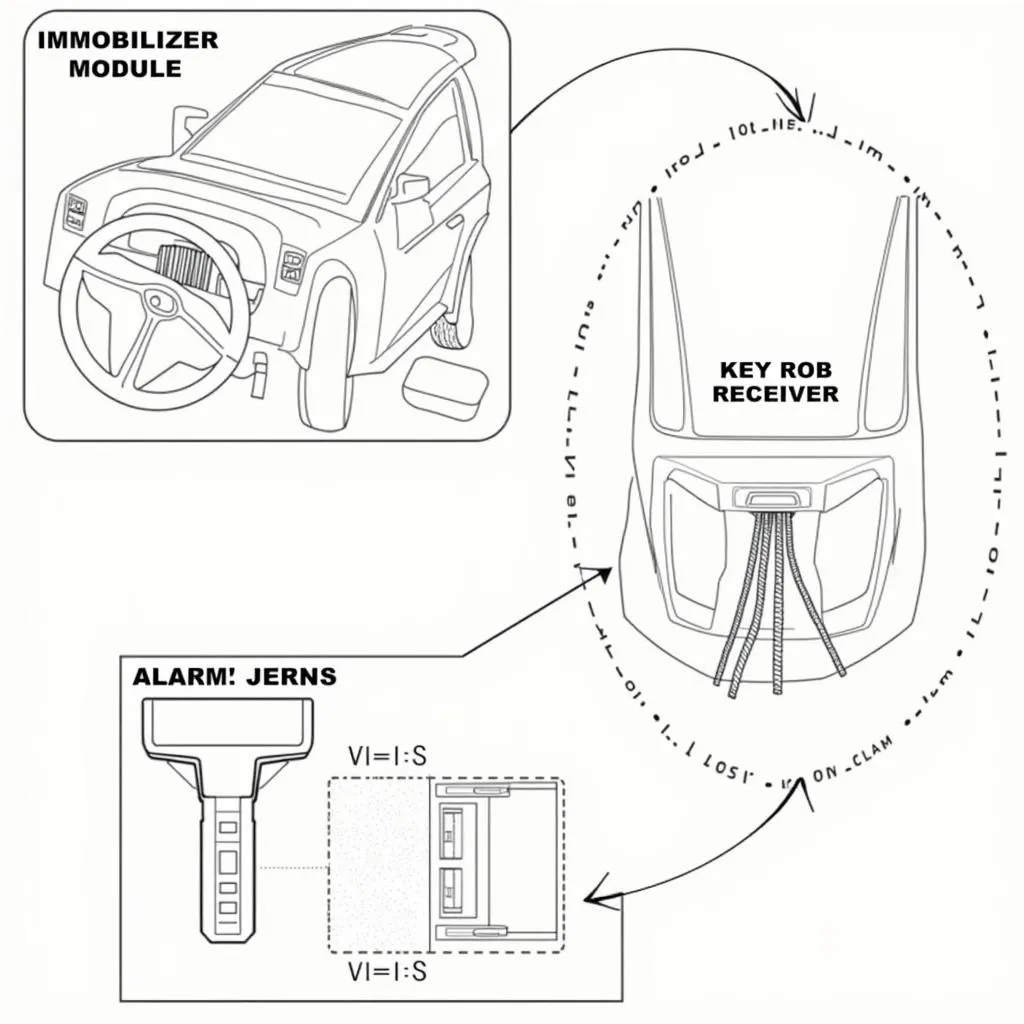A dead car battery in freezing temperatures is a common nightmare. If your car battery keeps dying in the cold, this guide will help you diagnose the problem, implement effective solutions, and prevent future occurrences. We’ll explore the science behind why cold weather impacts your battery, offer troubleshooting steps, and provide expert advice for long-term battery care.
Why Does My Car Battery Keep Dying in the Cold?
Cold temperatures significantly reduce a car battery’s cranking power. This is because the chemical reactions inside the battery slow down in the cold, making it harder to produce the necessary current to start your engine. Additionally, engine oil thickens in low temperatures, requiring more power from the battery to turn over the engine. If your car battery keeps dying in cold weather, it might already be weakened or nearing the end of its lifespan. Cold weather simply exacerbates existing issues. Find out more about a defective car battery.
How Cold Weather Affects Battery Performance
The chemical processes within a lead-acid car battery rely on the movement of ions. As temperatures drop, these ions move slower, reducing the battery’s ability to deliver power. At 0°F (-18°C), a fully charged battery can lose up to 60% of its strength. This explains why you might experience issues starting your car on a frigid morning, even if the battery seemed fine the day before.
 Impact of Cold Weather on Car Battery
Impact of Cold Weather on Car Battery
Troubleshooting a Dying Car Battery in Cold Weather
If your car battery keeps dying in the cold, follow these steps to identify the root cause:
- Check the battery terminals: Corrosion on the terminals can disrupt the flow of electricity. Clean them with a wire brush and baking soda solution.
- Test the battery voltage: A fully charged battery should read around 12.6 volts. A lower reading indicates a weak or failing battery. Learn more about when my car battery keeps dying in the cold.
- Have the charging system checked: A faulty alternator may not be charging the battery properly.
- Inspect the parasitic draw: Some electrical components can drain the battery even when the car is off. A mechanic can use a multimeter to measure the parasitic draw and identify any culprits.
Is it the Battery or the Alternator?
Sometimes it can be difficult to determine if is the battery or alternator bad. A simple test is to jump-start your car. If the car starts but dies again shortly after, the alternator is likely the problem. If the car doesn’t start even with a jump, the battery is the likely culprit.
“A failing alternator can put extra strain on the battery, especially in cold weather, leading to premature failure,” says John Smith, Senior Automotive Technician at AutoTech Solutions. “Regularly checking your charging system can save you from unexpected breakdowns.”
 Testing Car Battery and Alternator
Testing Car Battery and Alternator
Preventing Future Battery Problems
Here are some tips to prevent your car battery from dying in the cold:
- Park in a garage: Protecting your battery from extreme temperatures can significantly extend its lifespan.
- Use a battery warmer: A battery warmer can help maintain optimal battery temperature overnight.
- Keep the battery clean and free of corrosion.
- Limit short trips: Short trips don’t give the alternator enough time to fully recharge the battery.
- Have your battery tested regularly: Especially as the battery ages, regular testing can help identify potential problems before they become major headaches. This is especially important if my battery keeps dying.
- Consider a battery tender: A battery tender can keep the battery fully charged during periods of inactivity.
Conclusion
Dealing with a car battery that keeps dying in the cold can be frustrating. However, by understanding the impact of cold temperatures on battery performance, following troubleshooting steps, and implementing preventative measures, you can avoid this common winter woe. Don’t let a dead battery leave you stranded in the cold; take proactive steps to ensure your car starts reliably all winter long. Remember to schedule regular battery and charging system checks, especially if your car battery keeps dying in cold weather. A little preventative maintenance can save you a lot of trouble down the road.


